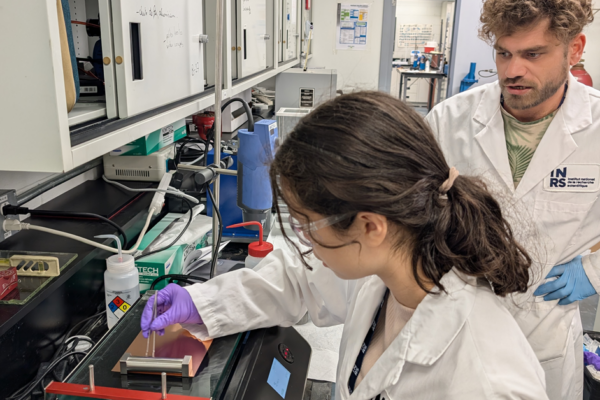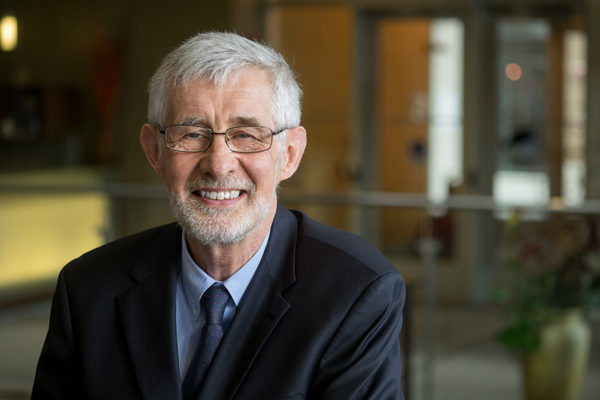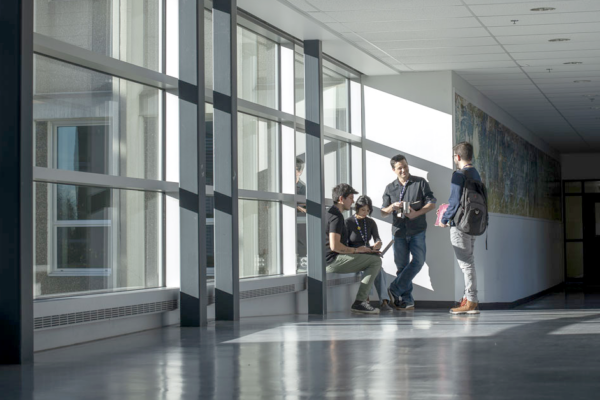- Academic Life
Professor Satinder Kaur Brar of the Eau Terre Environnement Research Centre at INRS is the only Quebec fellow of the College of New Scholars, Artists and Scientists of the Royal Society of Canada invited to the international expert workshop Solid Waste Management and Green Economy to be held October 22 and 23, 2015, in Halle, Germany. She will present a case study with significant benefits for the beer industry during her talk “Chitin and Chitosan as Natural Flocculants for Clarification and In-house Enzymes for Haze Removal in a Microbrewery – Sustainable Bioeconomy Case.”

For the first time, Professor Brar has demonstrated that chitosan and chitin are more eco-friendly alternatives than bentonite or STABIFIX as bioflocculants to eliminate turbidity and prevent the formation of haze in beer stored at room temperature. The primary component of the shells of crustaceans, chitosan is considered a renewable resource. Chitin and chitosan are inexpensive, biodegradable, and non-toxic to mammals.
In fact, chitosan at 160 times smaller dose than conventional flocculants reduces turbidity. Chitin also outperforms bentonite coagulants and STABIFIX, that require high doses to be effective. In addition to being eco-friendly, chitosan and chitin reduce flocculation time from ten days to two and produce five times the beer at around one-tenth the cost of conventional bioflocculants.
The workshop is being organized at the initiative of the Global Network of Science Academies and the Global Young Academy, with funding from the German Academy of Sciences Leopoldina.
About Professor Brar
Professor Brar is internationally recognized for her research on bioconversion and combatting pollution. In addition to the conversion and reuse of waste and simultaneous removal of contaminants, she advocates green solutions, as well as technology development and transfer. Her environmental research on topics ranging from bioproducts from waste to the development of advanced food technologies has earned her the State-of-the-Art of Civil Engineering Award and the Rudolph Hering bronze medal from the American Society of Civil Engineers, as well as the Femmes de mérite award in science and technology from YWCA Québec in 2015.
You may also like


February 4, 2025
INRS loses a great professor: Peter Campbell
